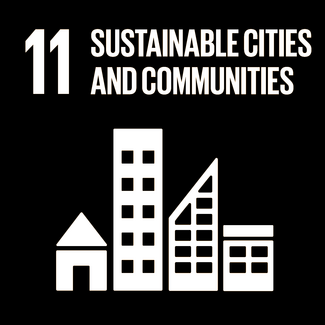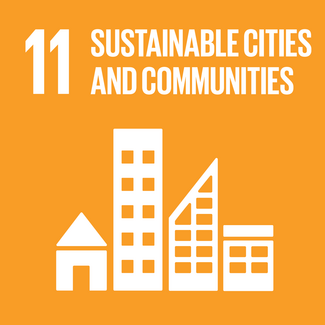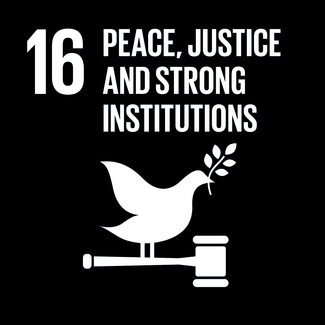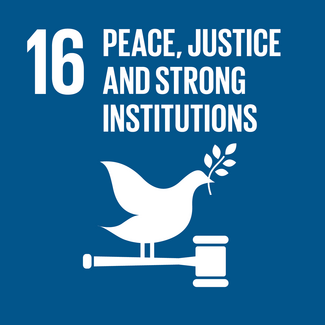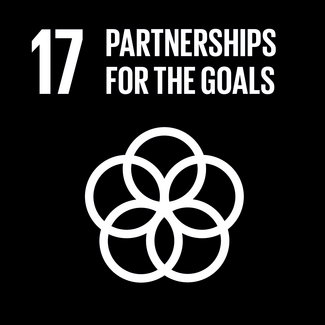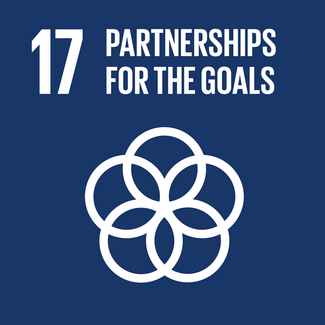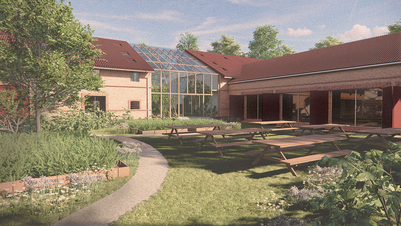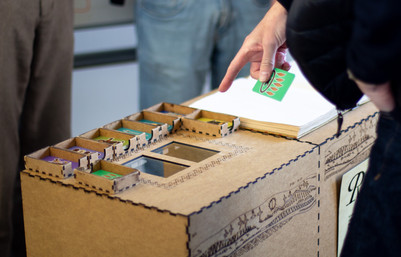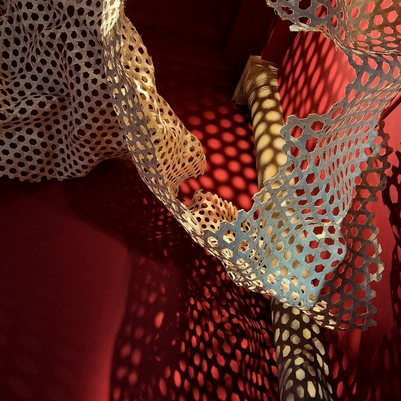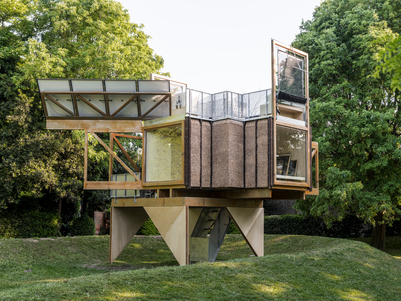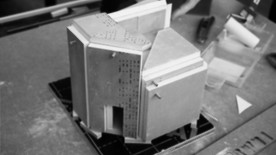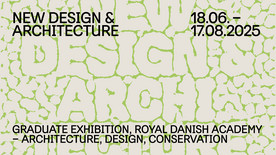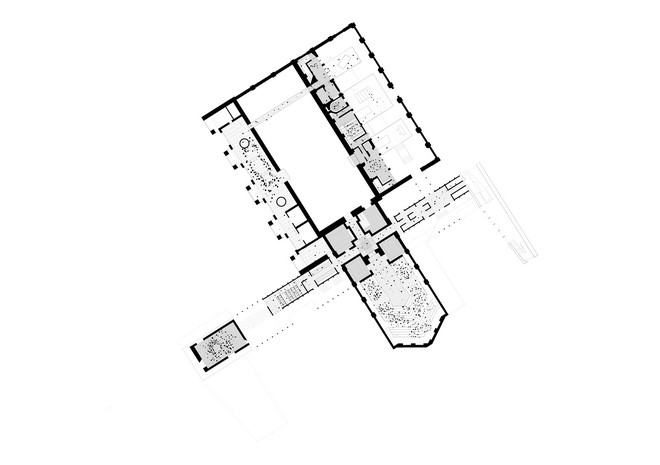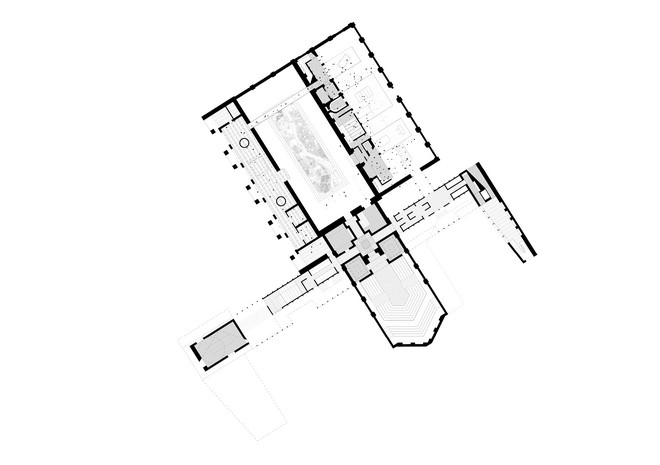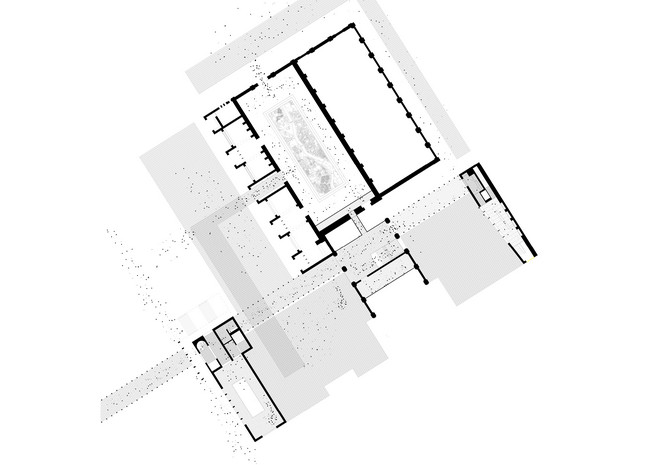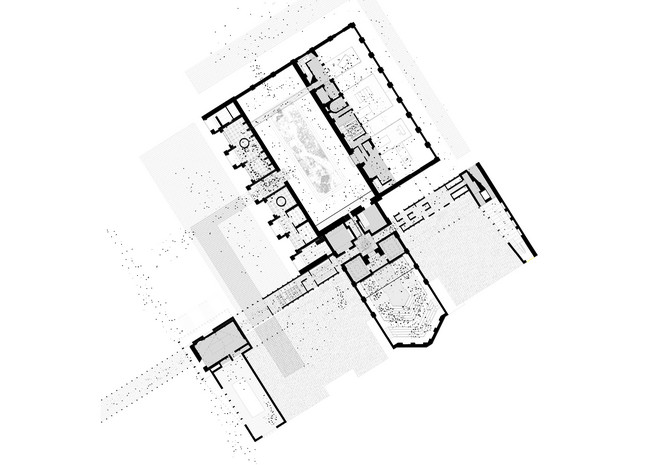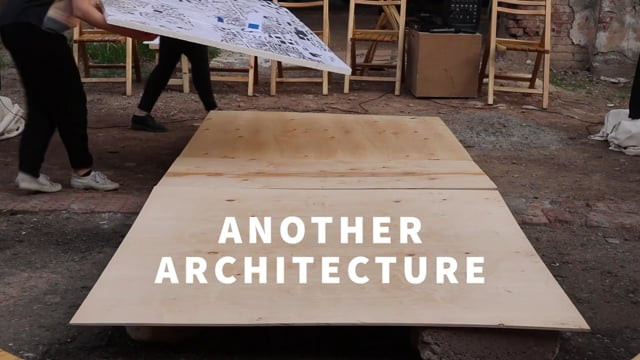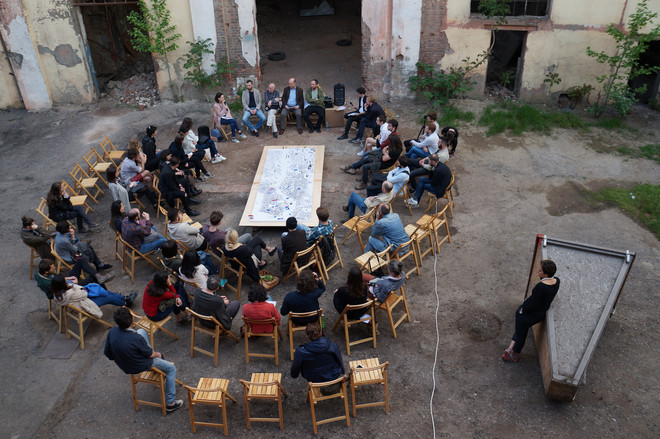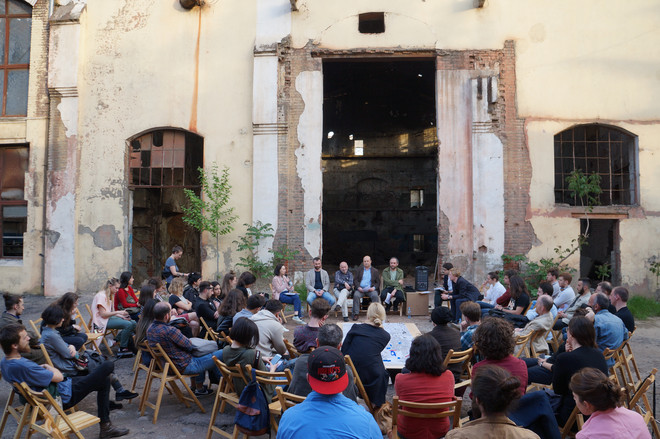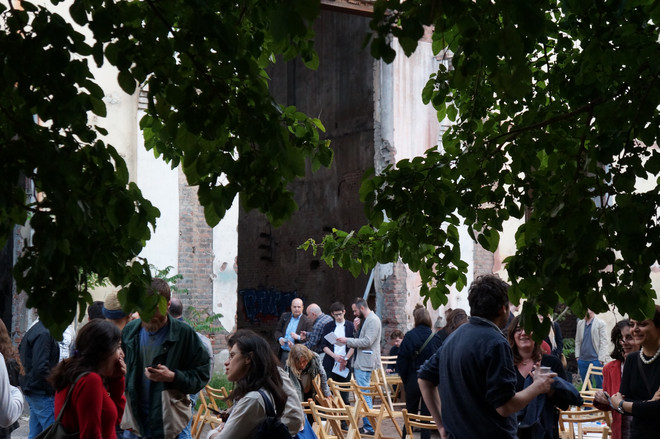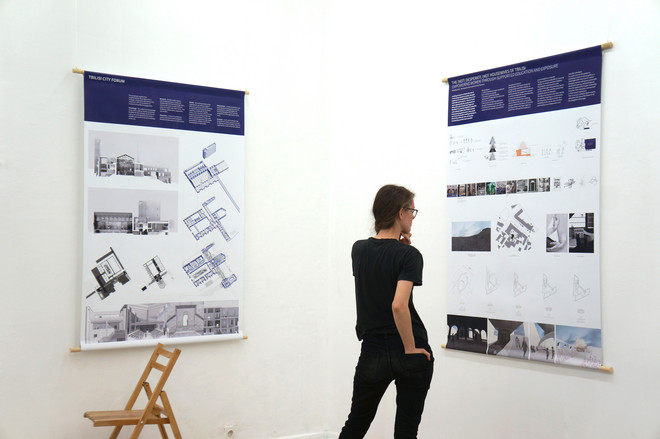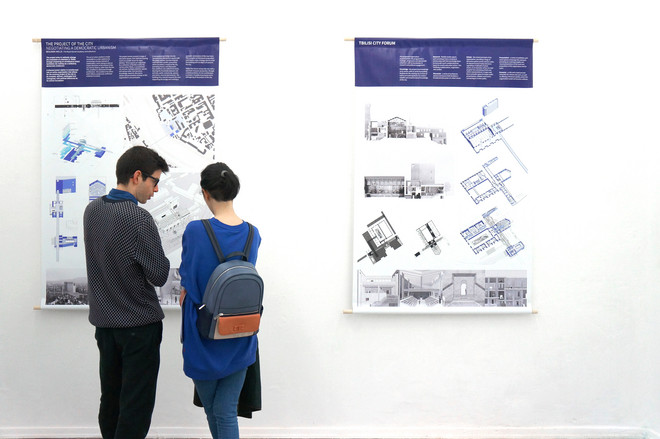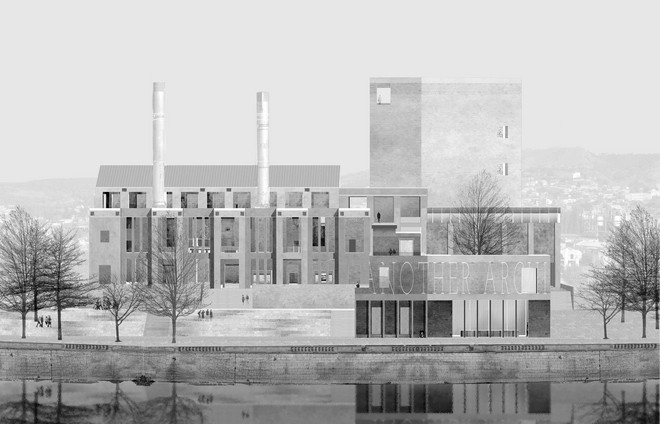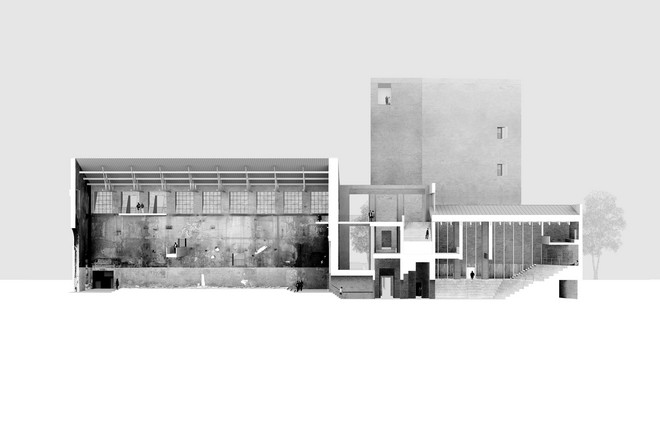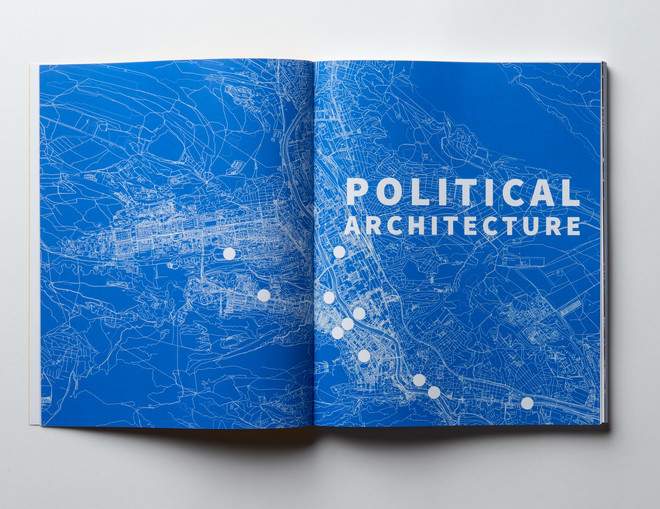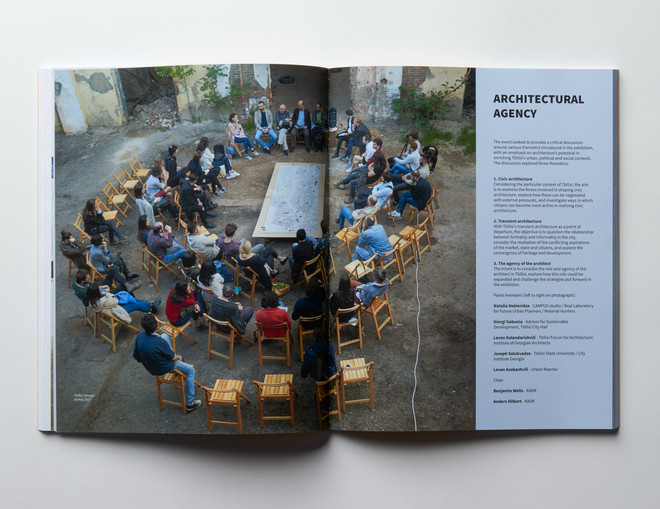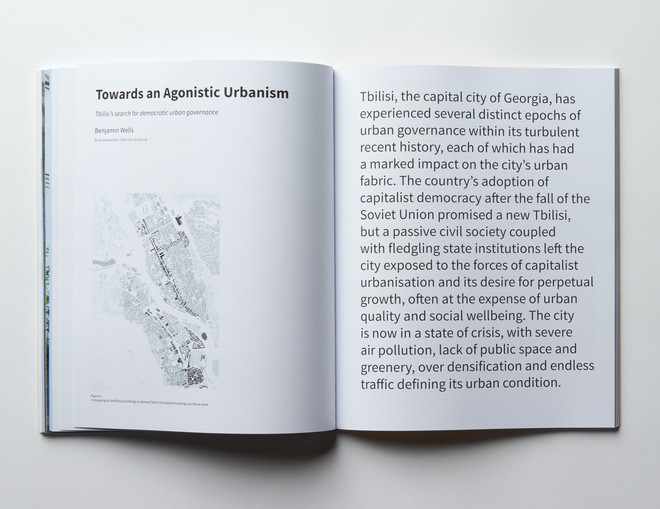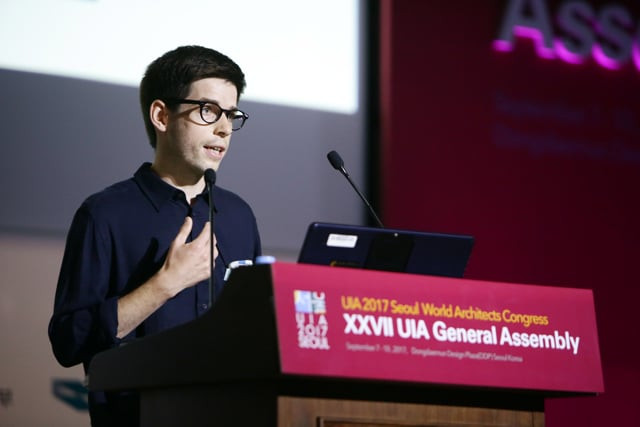
The Agonistic City
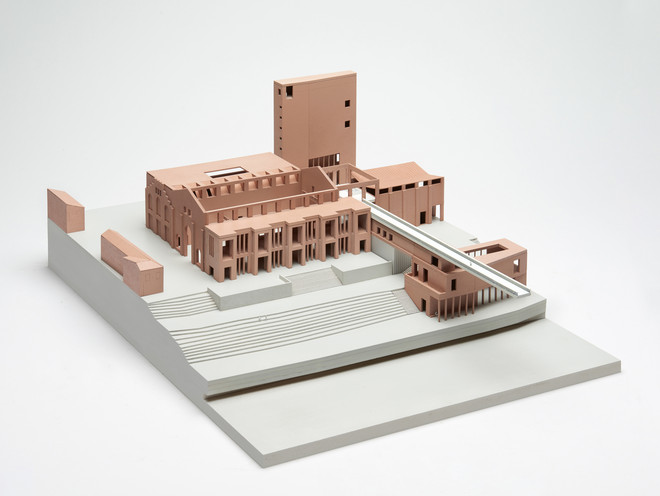
The Agonistic City is an attempt to redesign processes of urbanism in Tbilisi, through proposing an architecture which facilitates city making as a collective and therefore conflictual endeavour. Its focus is a disused power station in the centre of the city, which is transformed into an active organisation where the evolving project of the city can be revealed, defined, challenged and reimagined.
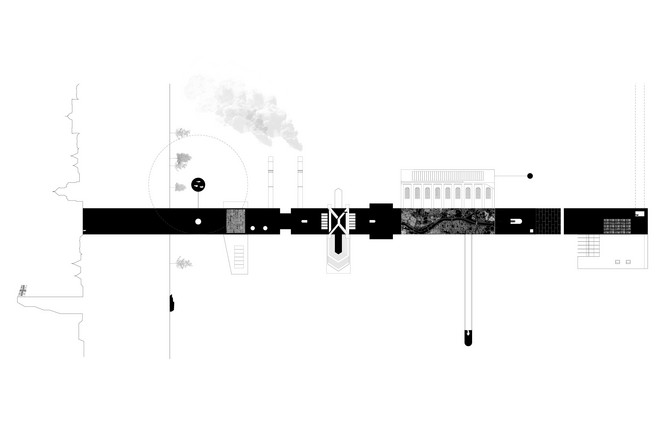
Georgia’s young democracy has been consistently undermined by many economic, political and territorial pressures, creating a context where real political engagement is often negated by representational democracy and consensus through administration.
This suppresses meaningful citizen and NGO participation, and the potential for a political urbanism is in conflict with the generalising tendencies of unrestricted urbanisation.
Whilst this trend can be observed globally, its impact on Tbilisi’s urban fabric has been particularly intense, and the city is now struggling to cope with its effects - over densification, severe air pollution, endless traffic and the degradation of public and green space.
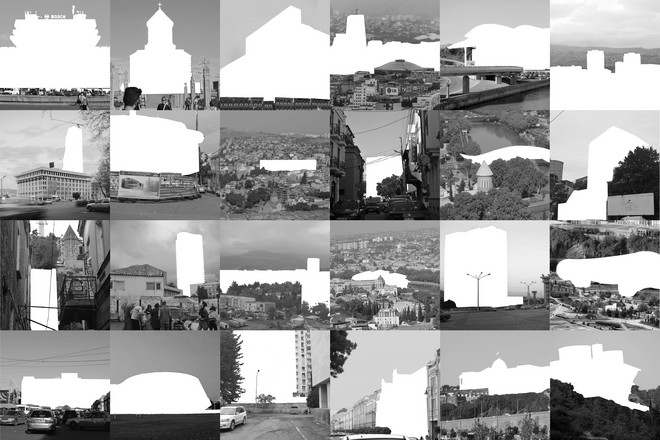
This has led to a polarity of responses; the masterplanning of the state which aims to develop the city through symbolic reconstruction projects and city scale strategies, and the particularity of activist and research groups reacting to isolated urban issues. Whilst there is a high level of antagonism within this field of actors, there is no space, physical, virtual or otherwise, for this conflict to be negotiated, resolved or utilised. This suppressed conflict has led to a kind of urban standoff, with a struggling city hall, disillusioned citizens and exhausted activists allowing the power of investor led development to continue business as usual.
The Agonistic City
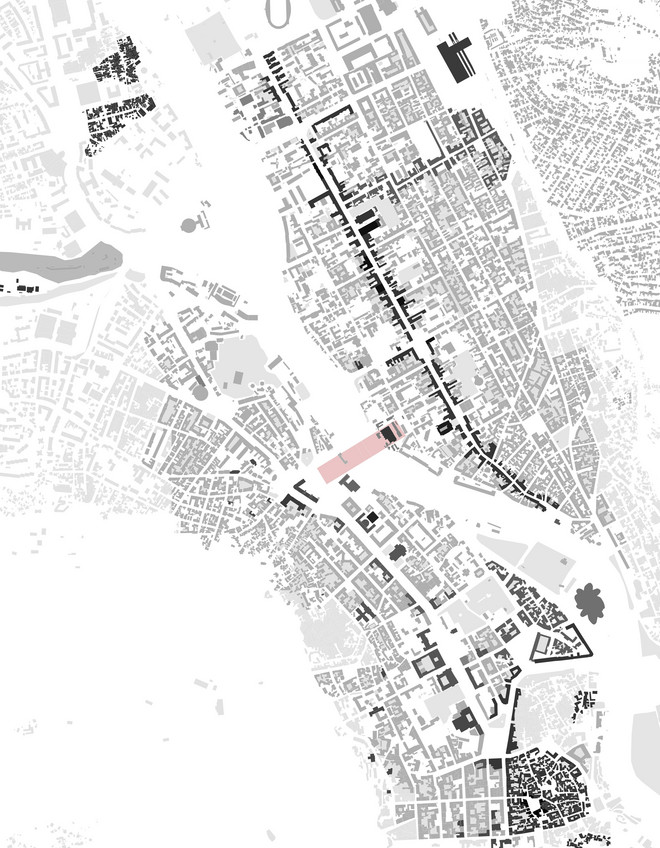
The project challenges the current processes of governance in Tbilisi by providing the infrastructure for a strategic and conflictual urbanism to evolve. Conflict here is considered to be intrinsic to democratic society, yet sits in opposition to the consensus encouraged in Tbilisi’s post-political context. The re-politicising of urbanism is dependent on the provision of an arena where differences can be confronted and channelled into productive outcomes - and here lies the project of architecture.
The proposed organisation aims to bring together a multiplicity of voices into a place of negotiation, with knowledge, research, discussion, debate and presentation emerging as the primary foundations of Tbilisi City Forum.
The centre facilitates the curation of ideas and knowledge for the city through workspaces for small scale urban actors, supported by a city archive and various civic functions. A range of discursive spaces allow these issues to be negotiated, debated and then acted upon, and several exhibition and gallery spaces present this to a wider public. By connecting a diverse network of stakeholders, the project aims to democratise the act of city making, and in doing so impact decisions in the interest of both the city and its citizens.
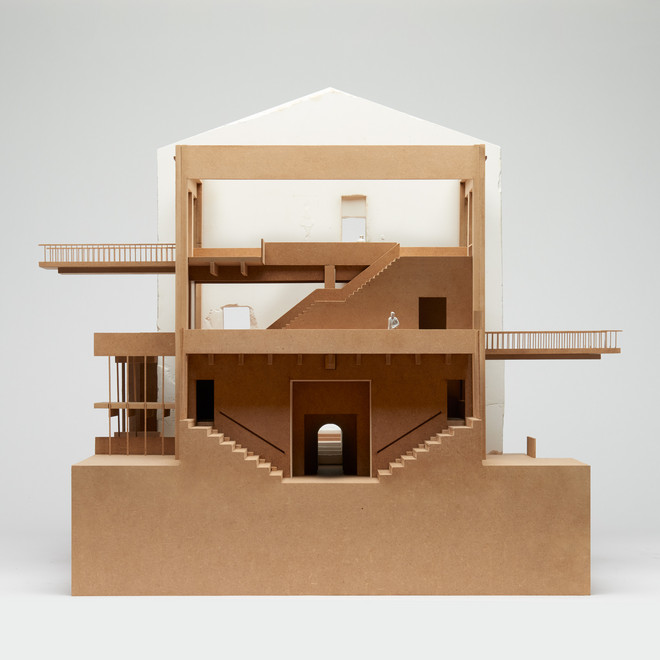
The project lies in the very centre of Tbilisi, regenerating a disused power station and bridging a gentle curve in the Kura river. The organisation is framed and directed by architecture, and can be understood as a composition of parts, the ensemble of which becomes a figure of the city at large by representing some its intrinsic conflict and variation. This reveals itself in the relationships between old and new, conflicting formal languages, materiality, the gradient between inside and out, public and private, defined and undefined space.
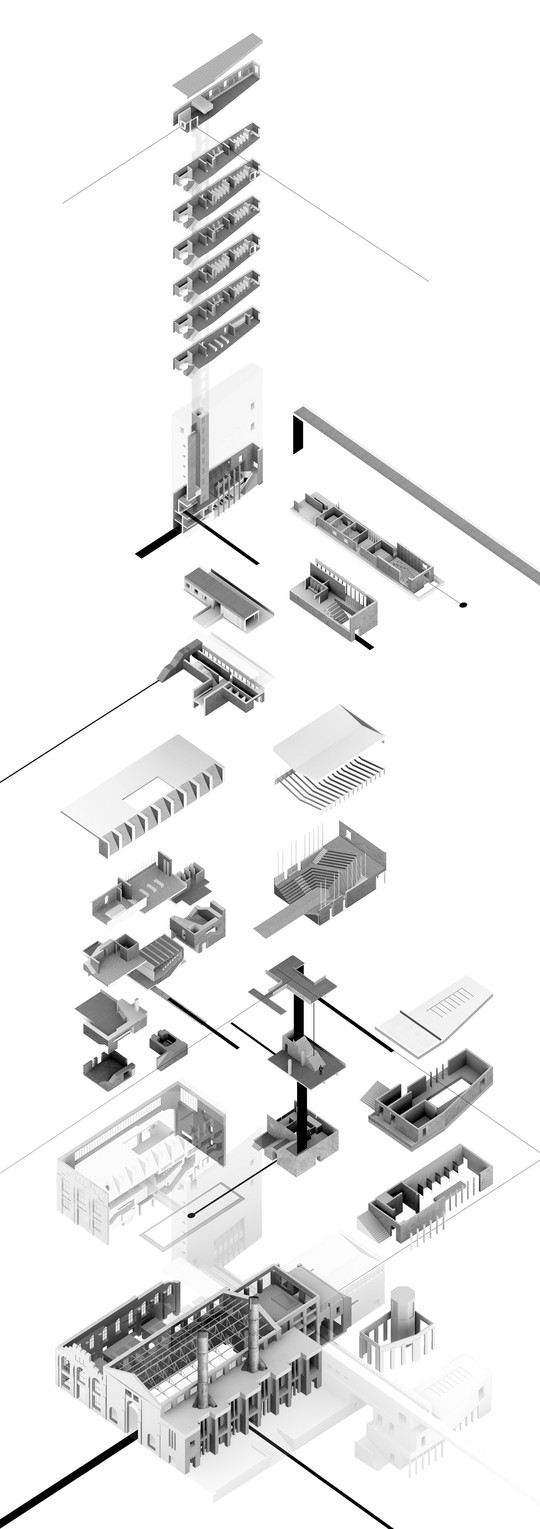
A new pedestrian bridge connects the contentious Rose Revolution square directly with the disused power station, transforming its main hall into a public promenade which circulates a scale model of the city. The project also marks a symbolic reclamation of the river front, and this gradient of public spaces defines the project as a piece of urban infrastructure as much as a working organisation.
A complex architectural composition embedded within a holistic urban strategy aims to unite the building with its object of concern; the city.
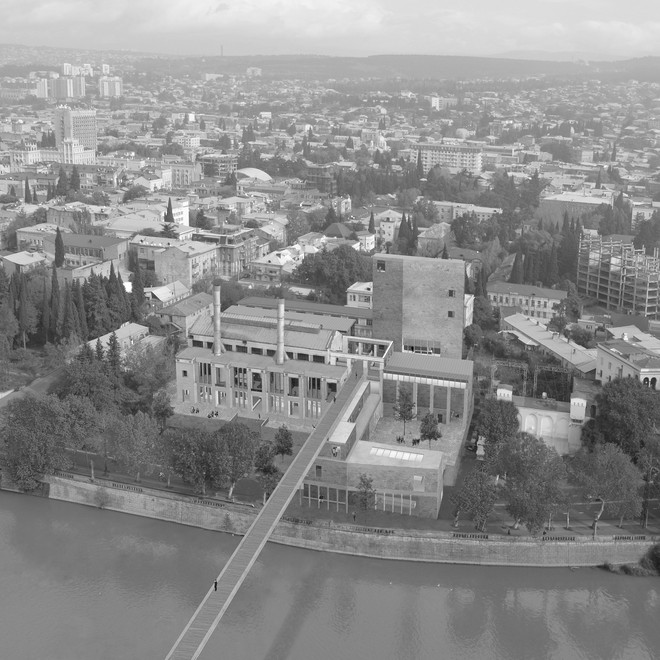
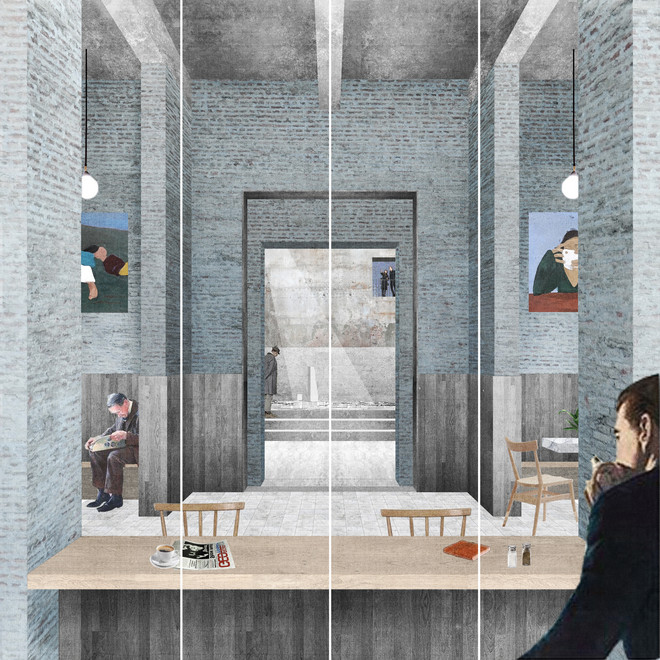
The idea of the project was realised through Another Architecture - a three day exhibition and symposium held in Tbilisi in May 2017.
The design, organisation and curation of this event became a central part of the project, testing it’s political agency on the site of the power station by directly engaging with the stakeholders it claims to represent, provoking a series of thoughts and considerations regarding the city.
An exhibition presented a selection of our architectural projects, intentionally unresolved so as to provoke comment and discussion, whilst a series of public talks, events and workshops questioned the role of the architect and reached a wider community. The week culminated in a symposium with a multidisciplinary panel of local actors, curating the discourse central to the proposed organisation.
It was in this event that the idea of the project was realised, to empower a multiplicity of urban actors to debate, negotiate and eventually shape their city.
This process, enabled, framed and protected by a political architecture, would allow an agonistic, generative urbanism to evolve.
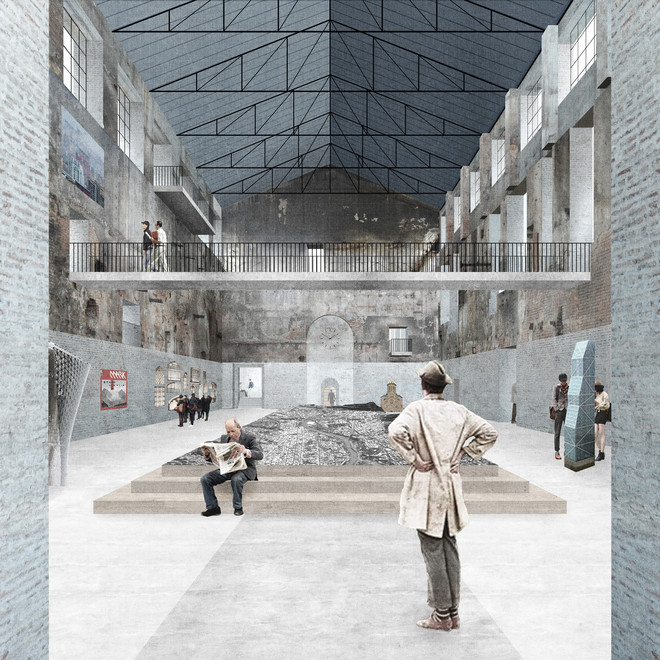
The Agonistic City investigates this thesis, exploring the extent to which the building can become truly civic - representative of, accessible to and acting for a public.
It does so by reviving a ruin through a reinterpretation of civic architecture, by curating agonistic political processes and through reimagining the project of the city.
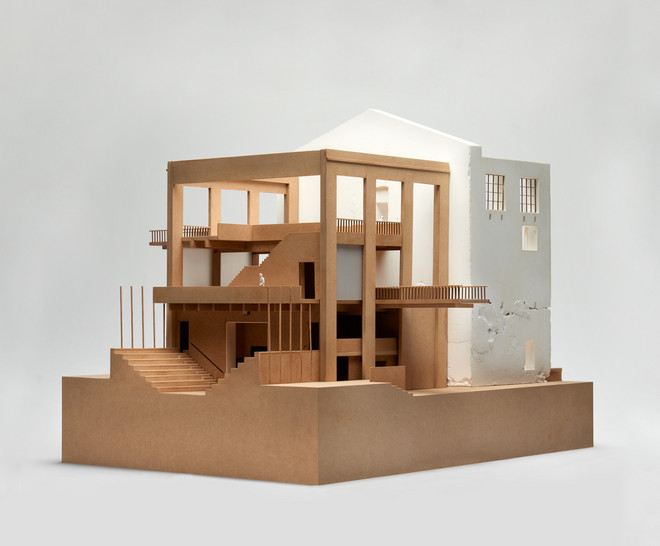
Political Architecture Tbilisi
Det Kongelige Akademi understøtter FN’s verdensmål
Siden 2017 har Det Kongelige Akademi arbejdet med FN’s verdensmål. Det afspejler sig i forskning, undervisning og afgangsprojekter. Dette projekt har forholdt sig til følgende FN-mål